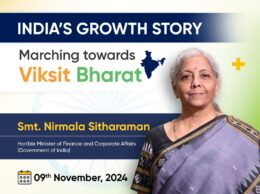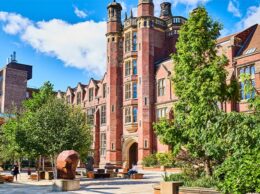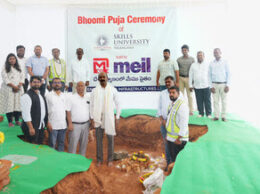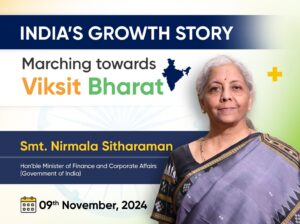The survey responses shed light on the issue’s children and parents from low-income households are facing in continuing schooling and learning amid the pandemic. More than a quarter of the surveyed students had not engaged in any formal learning since the lockdown. This was highest for those attending (low fee/ budget) private schools through the regular mode, followed by government schools, and those attending private schools through the RTE mandate.
Among those that did, much of learning and interaction with teachers is unidirectional. Among those engaged in school activities, around 30% of children have no way to access teachers for any questions or concerns. Parents of children attending government schools were more likely to report receiving physical worksheets and materials from teachers conducting home visits, compared to those attending private schools attended through the RTE mandate and those attending private schools through the regular mode.
Parents of children attending (low-fee/budget) private schools faced additional burdens as schools continued to demand for fees despite the government order prohibiting them to do so. Many parents who were unable to pay the fees reported that schools penalised them by not letting their child attend online lectures and not issuing them school leaving certificates. As a result, many were contemplating transferring their children to other schools or dropping out completely.
The report also summarises evidence from other recent surveys on education of children during the pandemic across India, and offers several recommendations including the need for the government to set up helplines (to provide counselling, information on latest notices, and remote learning tools), allowing flexibility to teachers and school administrators in school reopening SOPs, and allowing easier transfers from private schools and enrolments to government schools through the year, among others.









